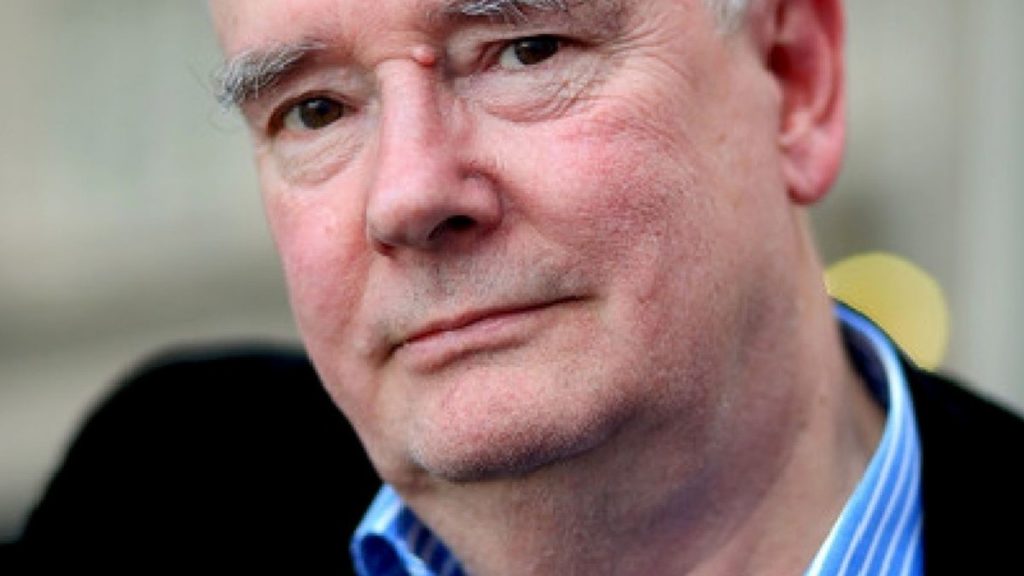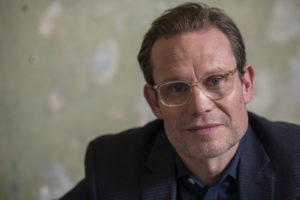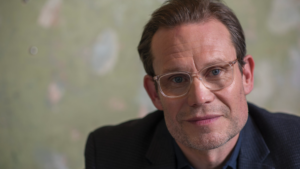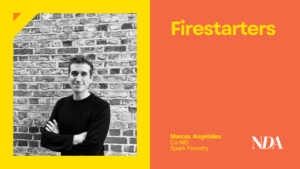Patrick Collister, NDA’s monthly creative columnist, is the Curator of The Caples Awards, Editor of Directory and a friend to Ad-Lib.io.
I interviewed Andrew Robertson last week.
He’s the head of BBDO Worldwide.
You can see the 20-minute interview HERE.
I asked him, what is your favourite piece of advertising is in the year to date?
Bear in mind I was talking to him in my capacity as the Custodian of The Caples Awards.
And we were less than a week away from Cannes Lions.
I thought he might talk about some of the brilliant purpose-driven campaigns coming from brands like Corona and Budweiser.
Maybe some of the great initiatives that have emerged out of the BLM movement.
Well, he confounded me by talking about a text message.
He’d been flying back to New York from Los Angeles, he said, when he received a message from American Airlines.
Flying back to NYC? You may need an umbrella.
It made him laugh.
So when the flight was delayed because of storms in New York, he not only knew why but he was sympathetic to the airline.
In fact, a day later, when flights were still in disarray because of the weather, he was still sanguine.
“Just sending me a text to say the weather was bad would have ticked all the boxes,” Andrew explained. “But because they made me smile, that was the kicker.
And I can bet you anything you like there was a human being behind that umbrella.”
That is the power of creativity in the digital age.
Now, I’ve been reviewing the 826 campaigns that won at Cannes last week and I can’t see a single text message among them.
In fact, there is hardly any of the sort of communications Andrew is talking about.
Lots of purpose-inspired campaigns dealing with climate change, gender inequality, health issues and inclusivity but little that is relevant, personalised and commercial.
What’s interesting about Andrew’s text message is that at some stage he opted in.
He agreed it would be in his interests to hear from American Airlines periodically.
That placed a responsibility on them to be useful, usable and, yes, even delightful.
Compare and contrast with most of the digital winners at Cannes.
The assumption of the agencies and marketers behind them seems to be that all consumers have opted out.
That places a requirement on the communications to be novel and noticeable.
To be creative, if you like.
That throws up a thorny question. What exactly do we mean by creativity?
Sir Martin Sorrell made an interesting observation last week on stage at the festival.
The big tech giants, he noted, meaning Google and Meta and in their wake, Spotify, Netflix etc, were at the festival to talk to the CTOs and CIOs of their major clients.
Not their CMOs.
The inference was that marketers and their agencies are in a bubble and the business of advertising is rapidly evolving without them.
Company bosses are “very focused on performance, very focused on measurement, very focused on first-party data and the signals and bringing them together in a meaningful way.”
In other words, exactly the sort of lower-funnel stuff creative agencies despise.
The sort of work that has led agencies to say that digital is killing creativity.
The people picking up gongs last week for elaborate, expensive and beautifully crafted awareness campaigns don’t seem to realise that saving the world is not their business.
Meanwhile, companies like Ad-Lib are stealing their lunch.
Not an agency but a tech company, Ad-Lib understands that the market wants advertising that’s cheap, fast and reusable. And which sells stuff.
But that doesn’t mean to say it can’t be thoughtful, considerate and memorable.
Ask the President of BBDO.










